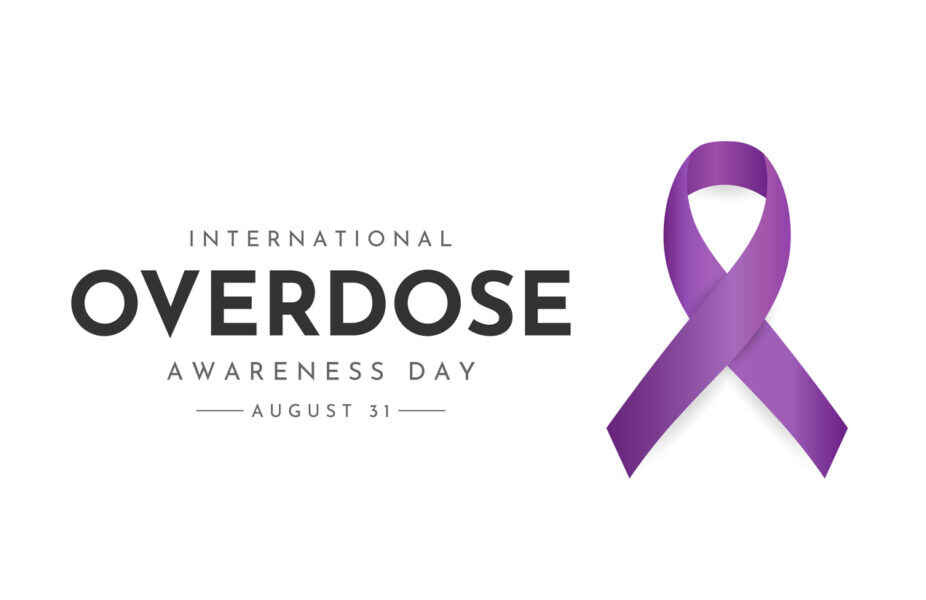
U.S. Funding Cuts and Their Impact Worldwide: Insights from the Harm Reduction International Conference
Law & Policy InsightsSubstance Use Prevention and Harm ReductionHarm Reduction Legal ProjectAt the end of April, harm reductionists from across the globe came together in Bogota, Colombia to attend the Harm Reduction International Conference. The impacts of U.S. funding cuts to international programs and the continued criminalization and forced treatment both in the U.S. and internationally have many in the harm reduction field alarmed.










